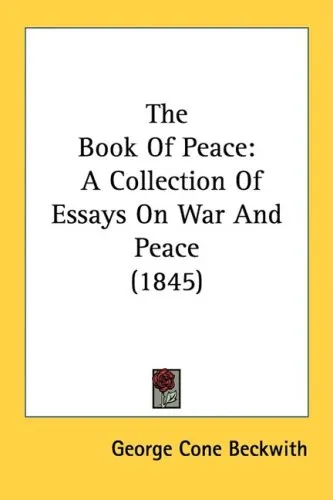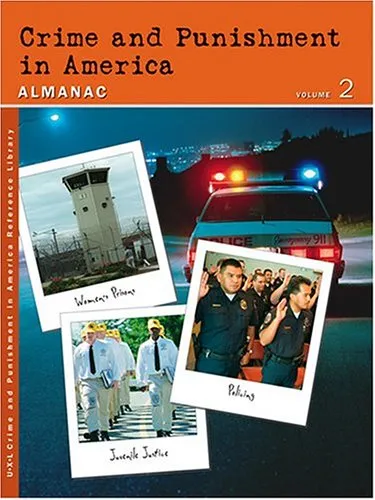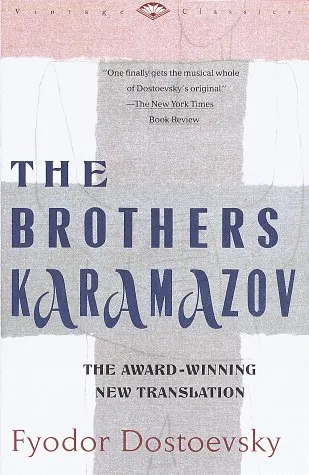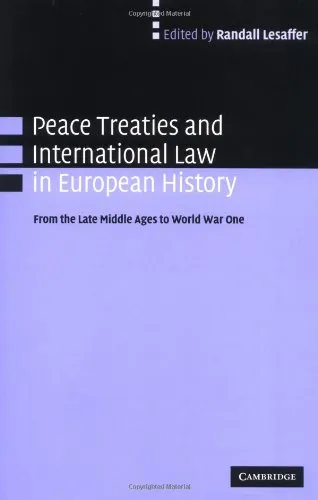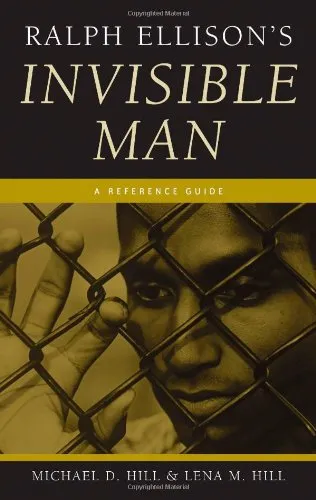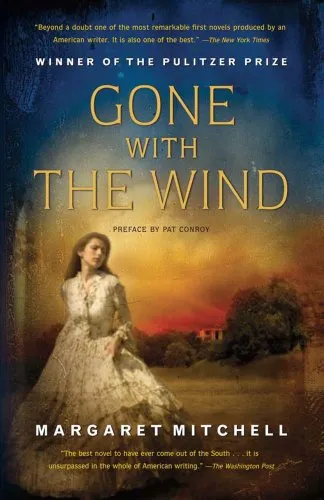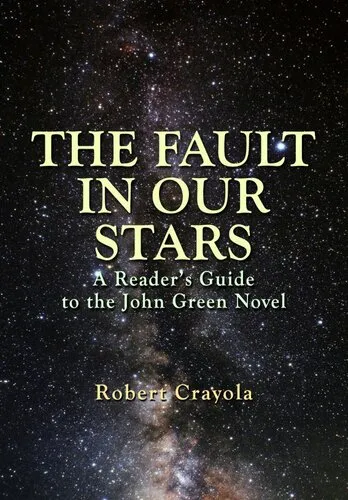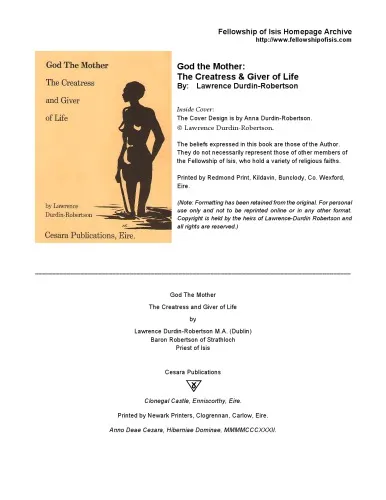The Book Of Peace: A Collection Of Essays On War And Peace 1845
4.0
Reviews from our users

You Can Ask your questions from this book's AI after Login
Each download or ask from book AI costs 2 points. To earn more free points, please visit the Points Guide Page and complete some valuable actions.Related Refrences:
Introduction
"The Book Of Peace: A Collection Of Essays On War And Peace" is a seminal work from the mid-19th century, authored by George Cone Beckwith. This book is a comprehensive exploration of the pervasive themes of war and peace, a dichotomy that has shaped human civilization throughout history. Written in 1845, Beckwith's work is a profound compilation of thoughts, arguments, and philosophies advocating for peace and critiquing the institution of war. The book is not just a product of its time but resonates with timeless relevance, urging readers to reflect on their understanding of peace and the mechanisms of conflict.
Detailed Summary of the Book
"The Book Of Peace" is divided into a collection of essays, each meticulously crafted to address various aspects of war and peace. Beckwith deftly analyzes the historical context of warfare, drawing from examples across different eras to emphasize the enduring nature of conflict and its debilitating effects on human progress and morality. The essays delve into religious, ethical, and socio-political dimensions of peace, questioning the moral justifications often provided for war.
Beckwith’s arguments are built on a foundation of moral philosophy, often drawing from scripture and religious teachings to fortify his advocacy for peace. He challenges commonly held beliefs that war is an unavoidable aspect of human nature, offering counterarguments that highlight the possibility of sustained peace through deliberate and moral effort. The book serves as both a critique of contemporary attitudes towards warfare and an offering of hope that peace can be realized through collective will and ethical governance.
Key Takeaways
- War is not an inherent necessity but a constructed choice that reflects societal failures.
- Peace requires active effort and moral courage from individuals, leaders, and nations.
- The promotion of peace is deeply intertwined with religious and ethical principles.
- Critical examination of war can lead to better understanding and development of peace strategies.
- Individual and collective responsibility are crucial in the pursuit of a peaceful society.
Famous Quotes from the Book
Beckwith's eloquence is captured in several striking passages that underscore his perspectives. Here are a few notable quotes:
"The horrors of war are neither inevitable nor necessary; they are a testament to humanity's greatest failures."
"Peace is not merely the absence of conflict but the presence of justice, harmony, and goodwill."
"A society that invests in peace will reap the boundless rewards of prosperity and human flourishing."
Why This Book Matters
The relevance of "The Book Of Peace" transcends the period in which it was written, offering insights that are applicable even in today's world, fraught with conflicts of various scales. Beckwith's work encourages readers to challenge the normalization of war and consider alternatives grounded in ethical and moral reasoning. It acts as a timely reminder of the destructive power of war and the transformative potential of peace.
In a contemporary context, Beckwith’s essays provide a foundation for understanding the importance of peace education and conflict resolution. They serve as a call to action for policymakers, educators, and individuals to prioritize peace in personal and collective agendas. By revisiting Beckwith's timeless arguments, we are invited to reimagine a world where peace is not a distant ideal but an attainable reality.
Free Direct Download
You Can Download this book after Login
Accessing books through legal platforms and public libraries not only supports the rights of authors and publishers but also contributes to the sustainability of reading culture. Before downloading, please take a moment to consider these options.
Find this book on other platforms:
WorldCat helps you find books in libraries worldwide.
See ratings, reviews, and discussions on Goodreads.
Find and buy rare or used books on AbeBooks.
1349
بازدید4.0
امتیاز0
نظر98%
رضایتReviews:
4.0
Based on 0 users review
Questions & Answers
Ask questions about this book or help others by answering
No questions yet. Be the first to ask!
